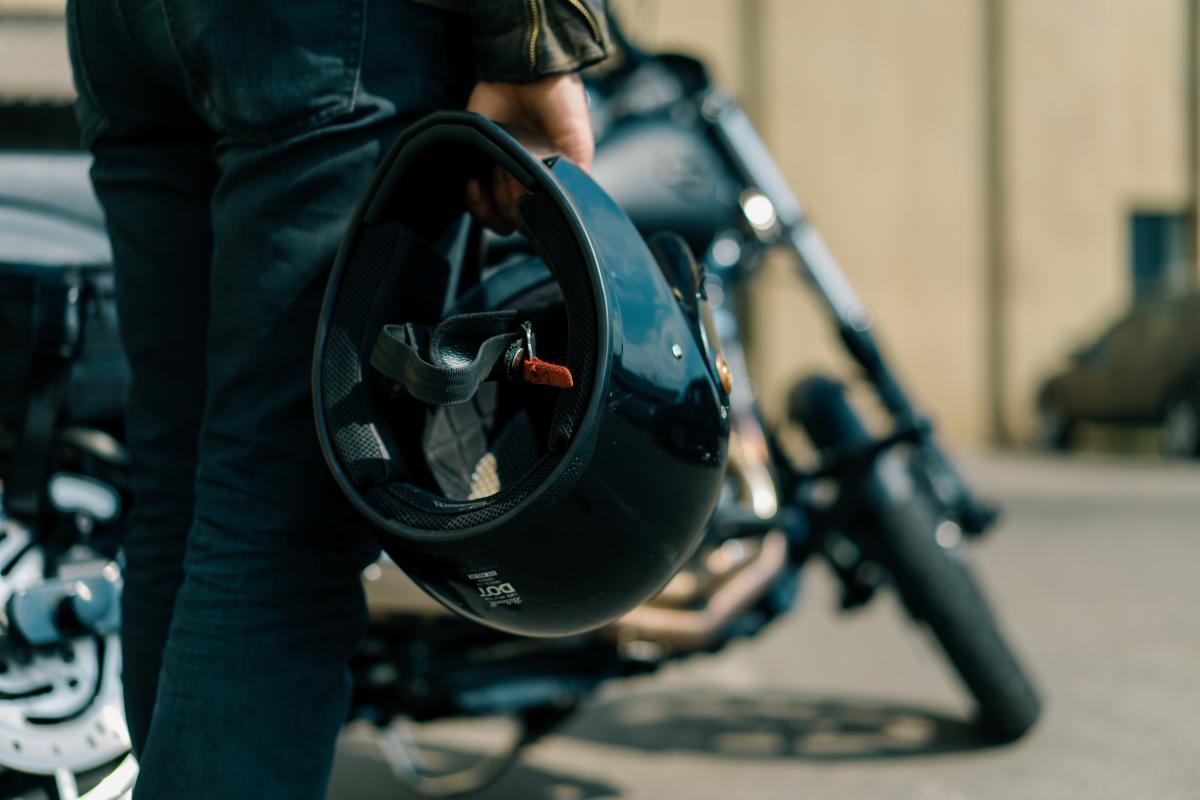
Motorcycle Accidents: Helmets Work…When You Use Them
Due to the overwhelming risks, many people cannot fathom cruising around on a motorcycle. Motorcyclists are not all just in it for the fun of it. As the cost of owning a car rises, many individuals turn to motorcycles as a cheaper means of transportation. Whether individuals prefer motorcycles for economic purposes or other personal preferences, it is no secret that these vehicles can be extremely dangerous without proper protection.
It is an explicit, proven fact that helmets can lower the risk of severe injury or death upon crash in motorcycle accidents. According to the World Health Organization, “Correct helmet use can reduce the risk of death in a crash by more than 6 times and the risk of brain injury by up to 74%.” This striking statistic highlights the undeniable importance of wearing helmets while riding motorcycles. However, the commitment to safety doesn't stop with choosing the right helmet. Riders must be aware of a broader spectrum of safety measures and legal considerations to protect themselves fully on the road.
Motorcycle Safety
While a proper helmet is the most crucial piece of equipment for motorcycle safety, other instruments should be considered to maximize protection in a motorcycle accident.
Motorcycle antilock braking systems (ABS) reduce crash rates. Not only can an ABS prevent a crash from occurring, but it can also lessen the severity of the crash by allowing users to break harder and prevent an intense fall. There is currently no legal notice requiring motorcycles to be equipped with ABS. However, many motorcycle manufacturers install these as a default for enhanced safety for riders.
If you own or are in the market for a motorcycle, you can learn more about the safety features that could be included with the bike from the manufacturer or here at this blog by Cycle Trader on the “5 Motorcycle Safety Features You Need to Know.”
Helmet Use and Negligence
Legislation from the 2023 Florida Statute states, “A person may not operate or ride upon a motorcycle unless the person is properly wearing protective headgear…which complies with Federal Motorcycle Vehicle Safety Standard 218 promulgated by the United States Department of Transportation.”
Not only can you be pulled over and cited for violating Florida Statute 316.211 (2), but this fact can be considered when fault is allocated for a vehicular accident. For example, a speeding car crashes into a motorcyclist, and the cyclist is not wearing proper protective headgear. By failing to comply with the helmet law, you may be considered to have contributed to your injuries, and negligence may be split between both parties depending on the percentage of fault. However, should the same accident occur with the cyclist wearing a helmet, the chances of negligence falling solely on the speeding car increase.
An attorney can argue against this negligence claim with the help of an expert witness, such as a medical professional, to show evidence from medical records that injuries sustained did not result from a lack of a helmet. This could result in a better chance of recovering compensation for losses. Protecting yourself with proper protective gear and a robust legal team is vital. If you or someone you know has suffered an injury from a motorcycle accident, contact us at office@carrilloinjurylaw.com or 352.371.4000 for a free consultation.
Sources:
https://www.autoweek.com/news/a44961671/how-to-save-motorcyclist-lives-iihs/
https://www.iihs.org/topics/motorcycles
https://www.iihs.org/news/detail/simple-steps-could-reduce-motorcyclist-deaths--if-only-wed-take-them
http://www.leg.state.fl.us/statutes/index.cfm?App_mode=Display_Statute&URL=0300-0399/0316/Sections/0316.211.html#:~:text=(1)%20A%20person%20may%20not,United%20States%20Department%20of%20Transportation.
https://www.who.int/news-room/fact-sheets/detail/road-traffic-injuries
- Log in to post comments